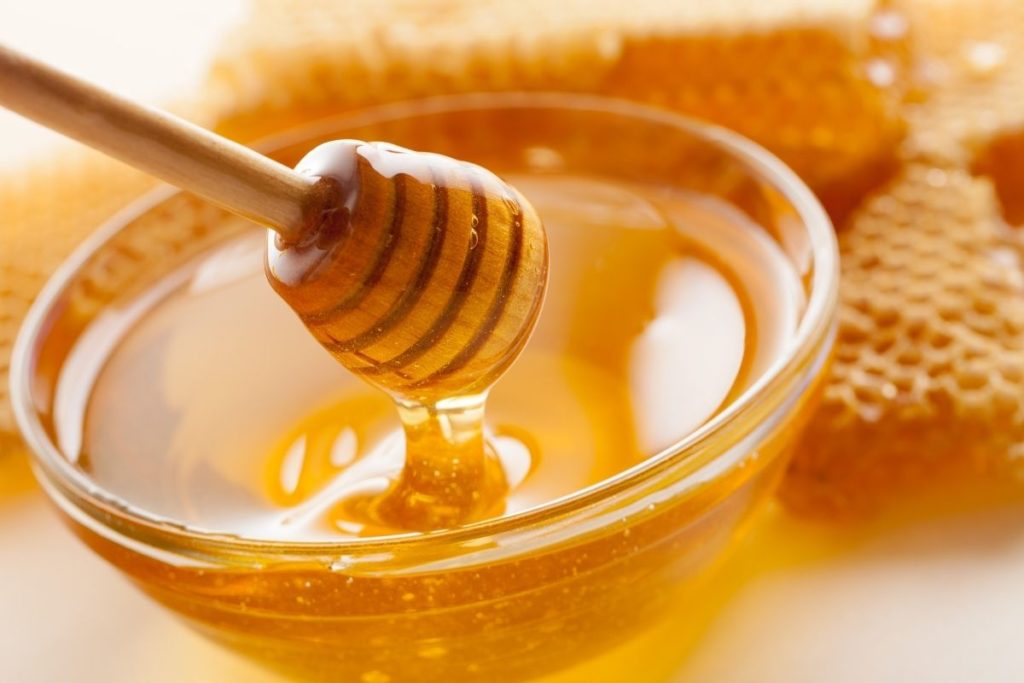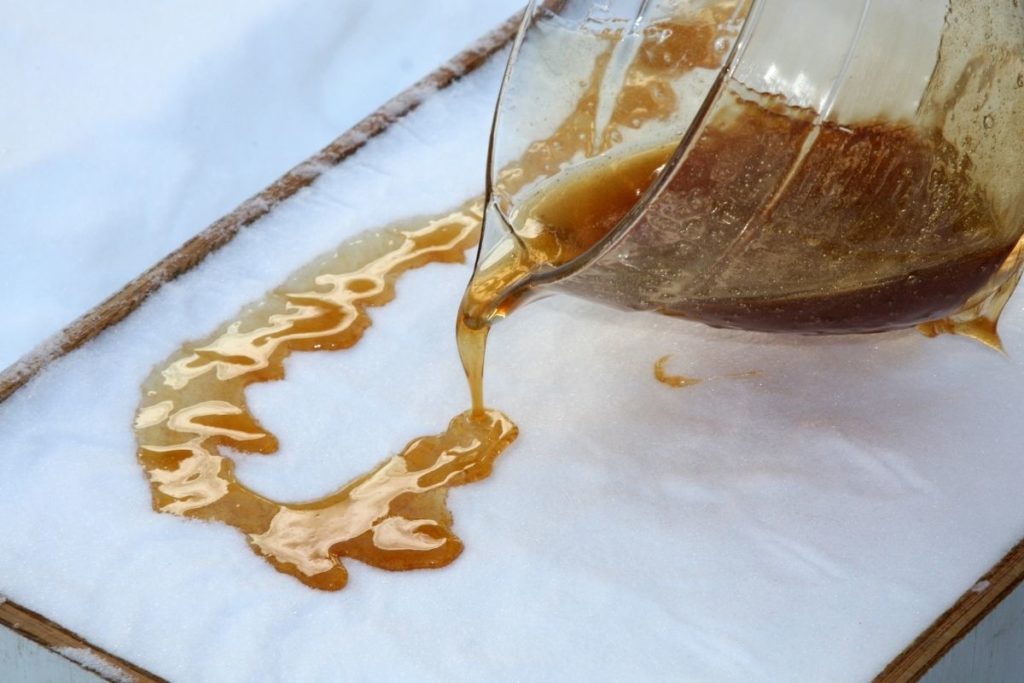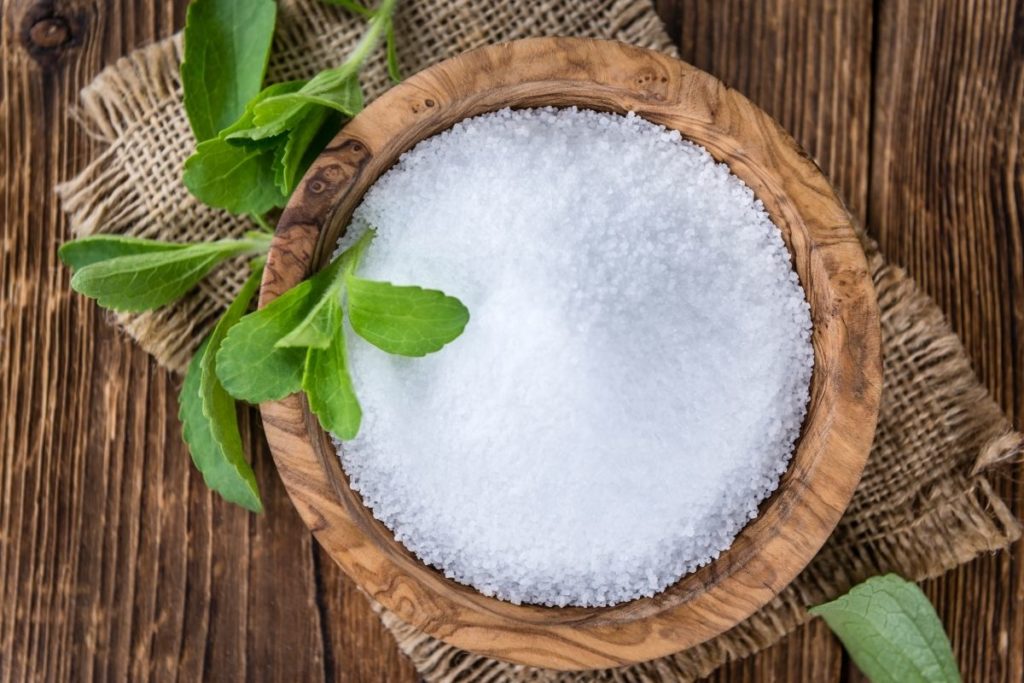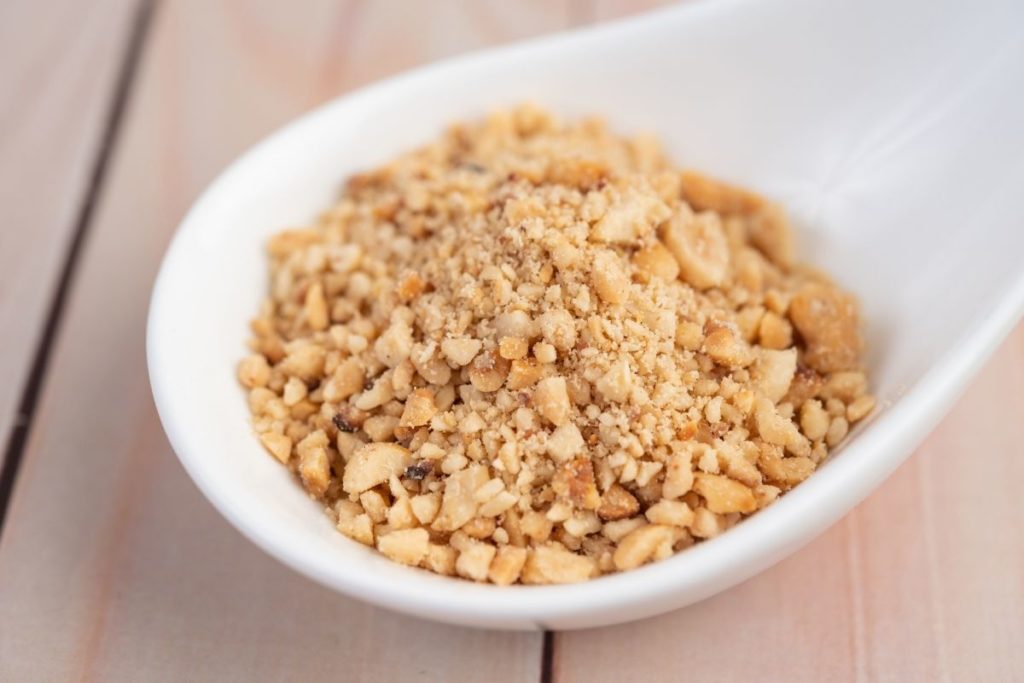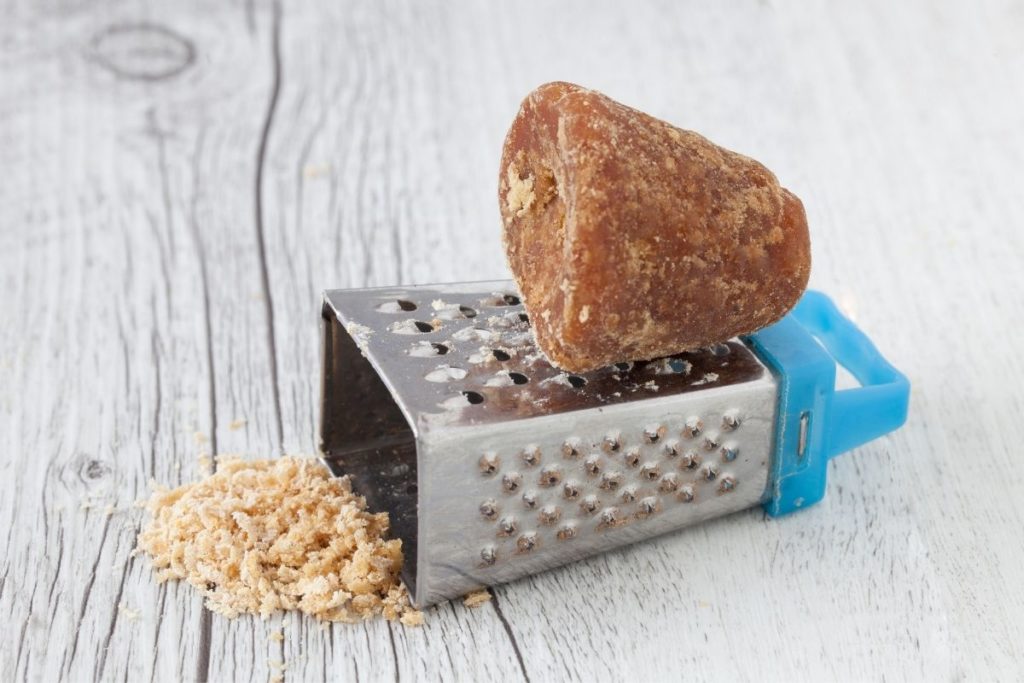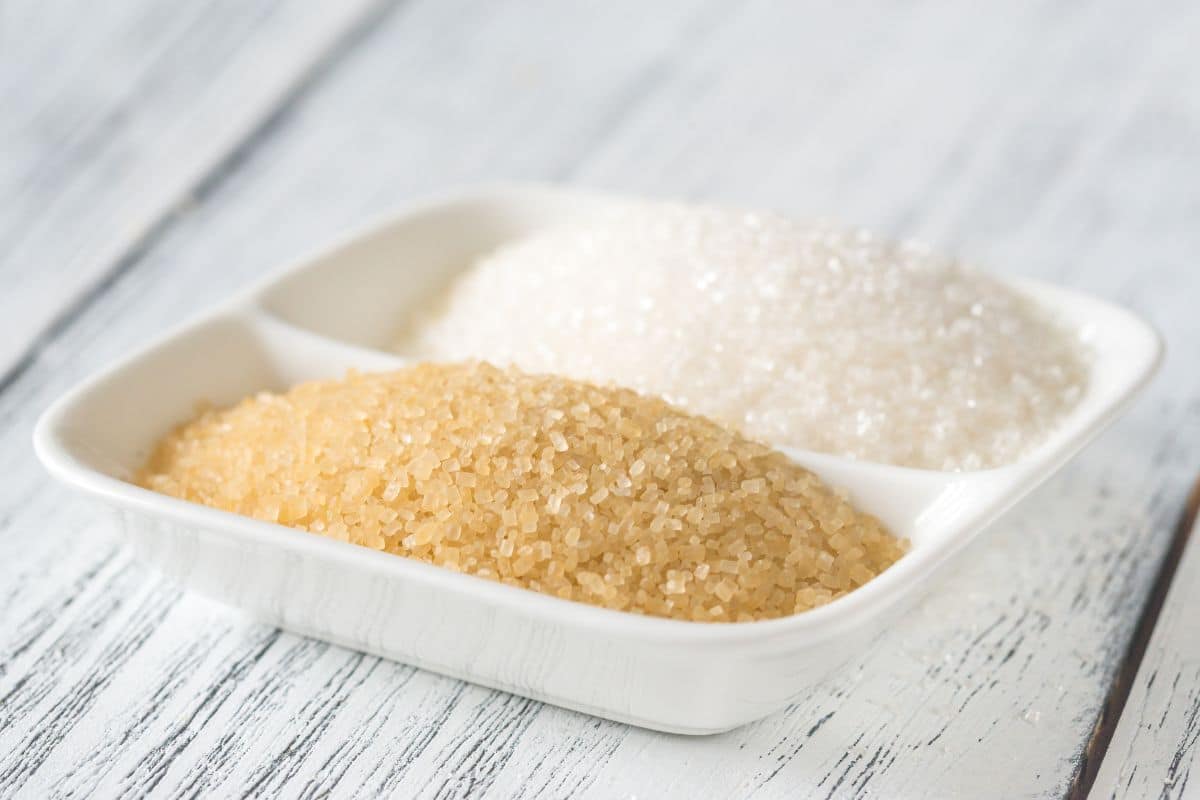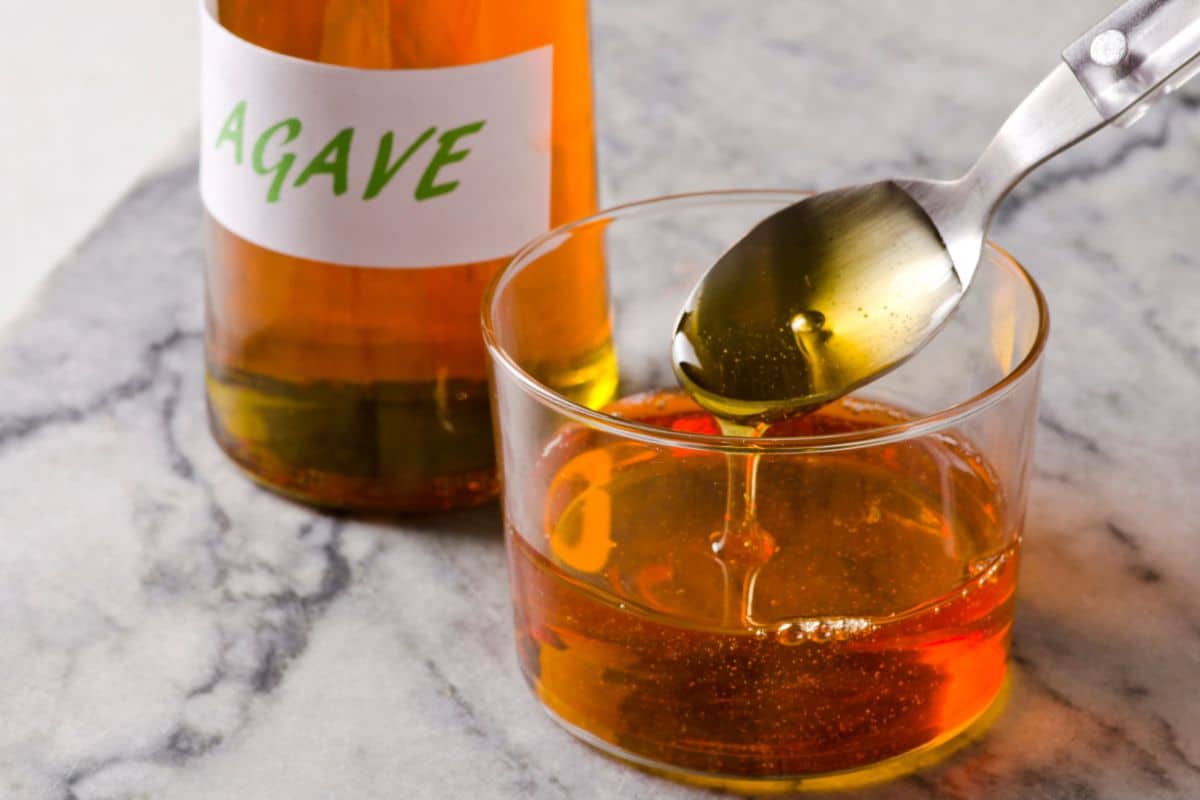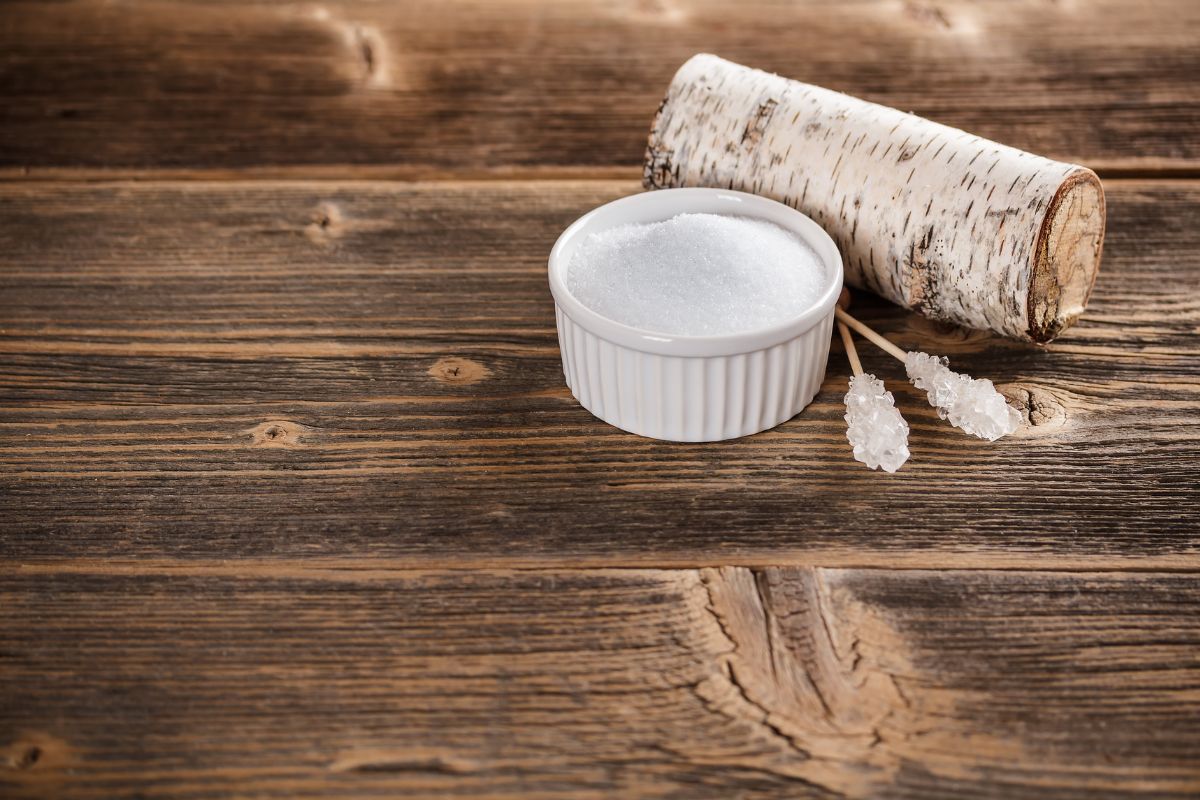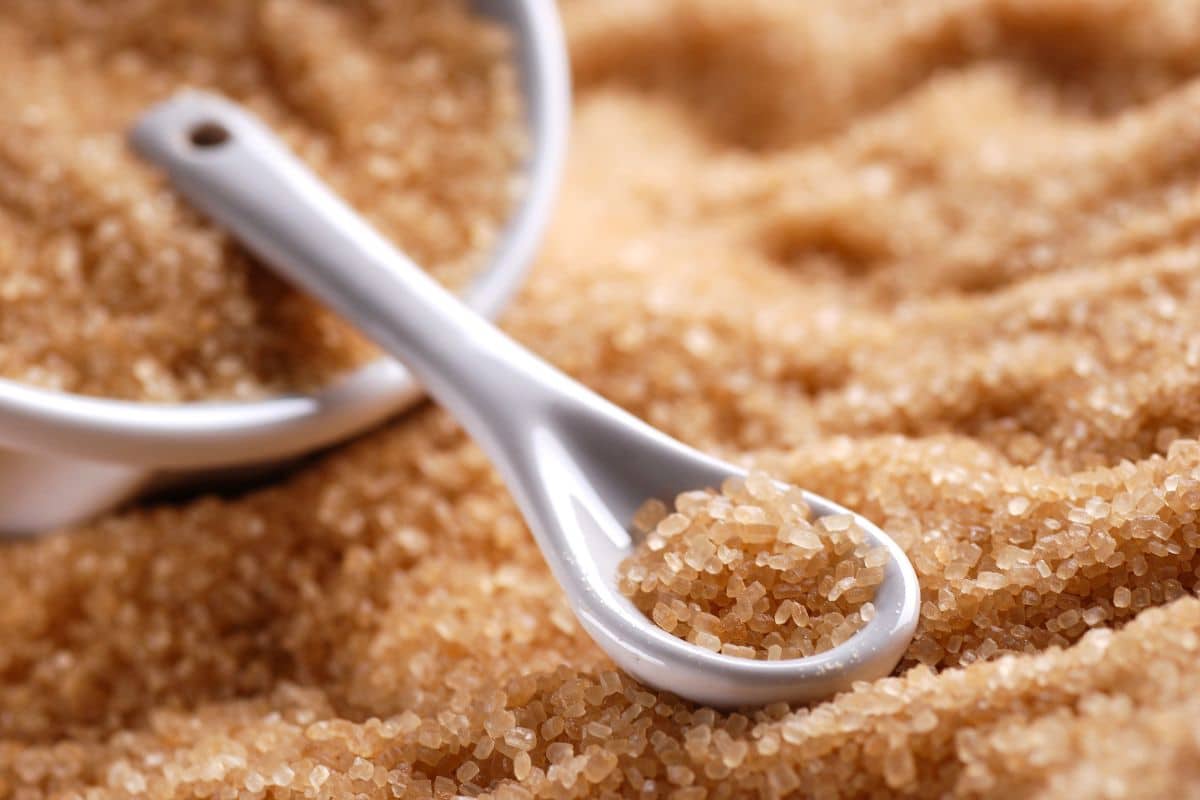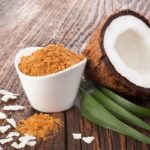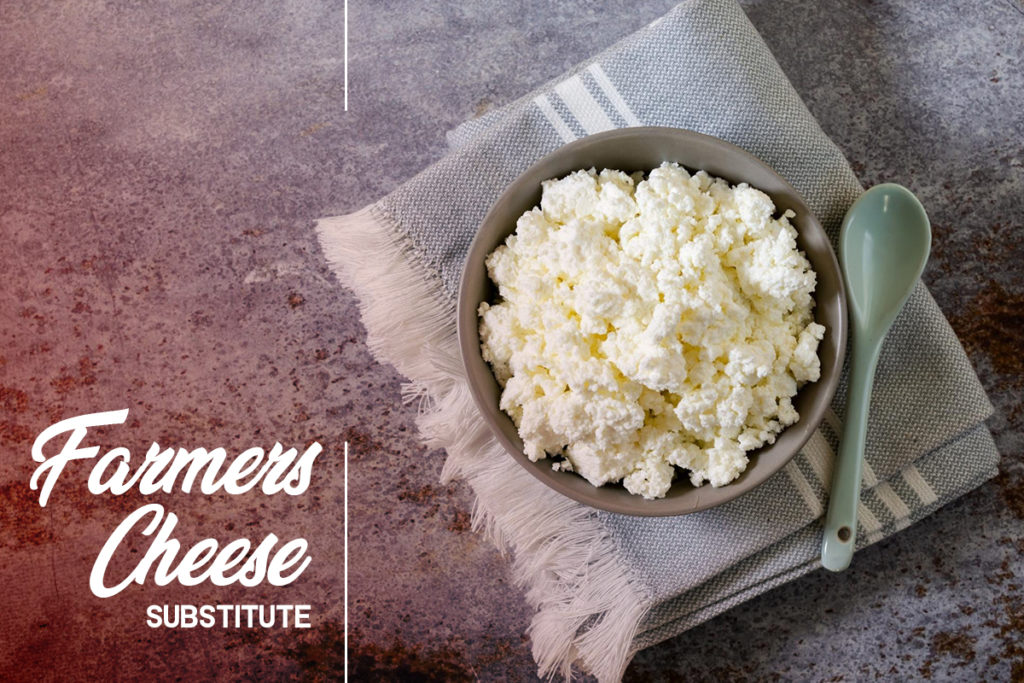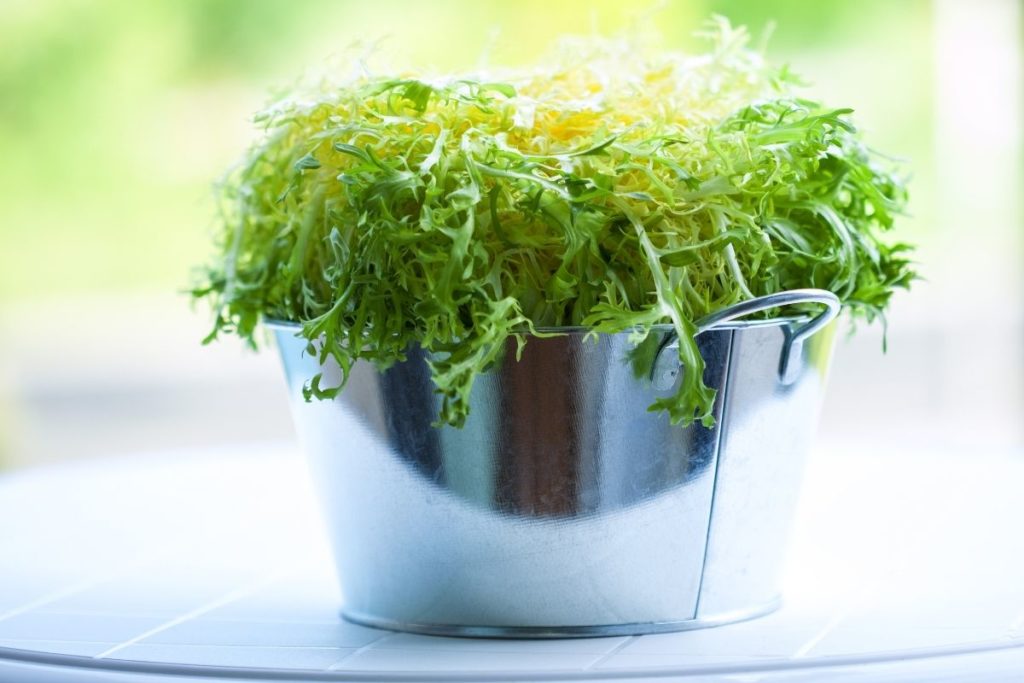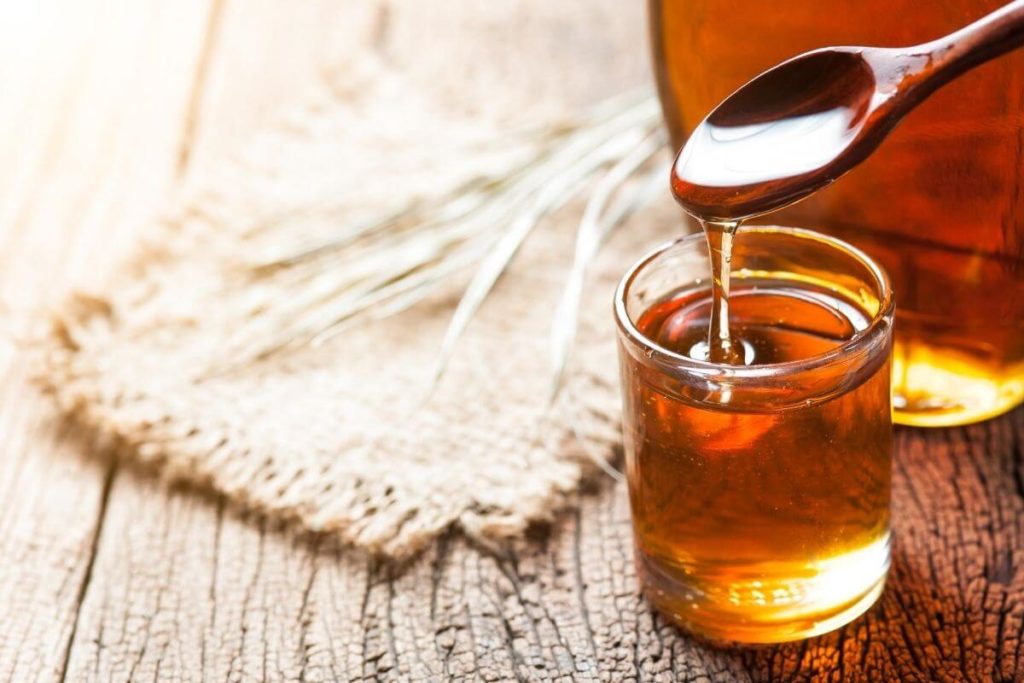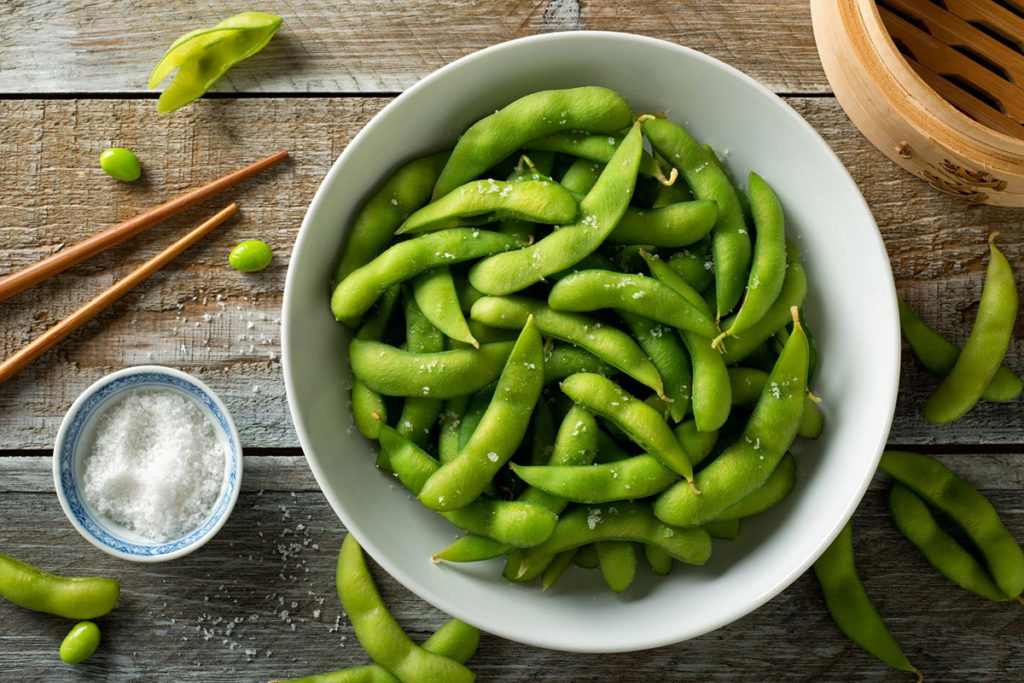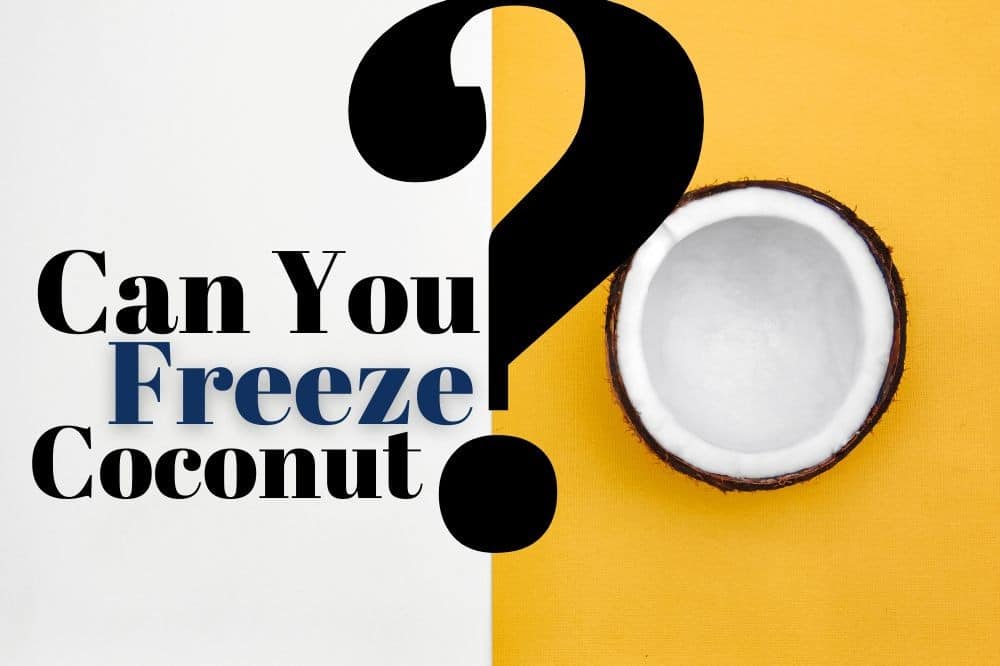9 Best Coconut Sugar Substitutes (Updated 2025)
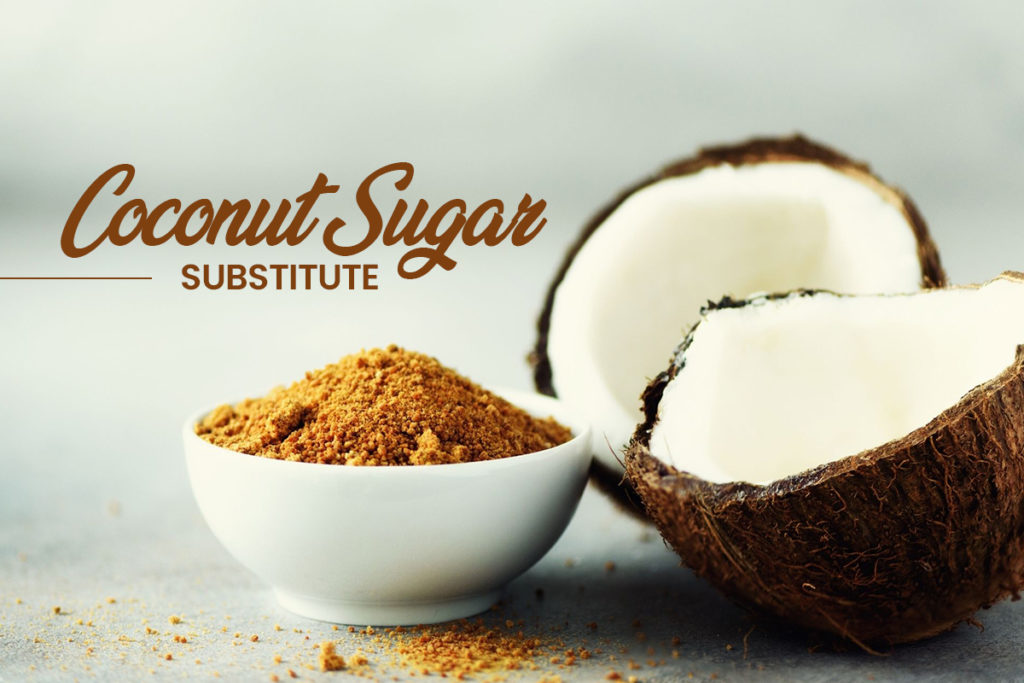
Are you looking for some great alternatives to coconut sugar? Stick around as we share a list of the best coconut sugar substitutes you can use for cooking.
Coconut sugar sales are growing every year and this trend doesn’t seem like it’ll slow down. So, what if you can’t find coconut sugar in your local market? We’ll explore a few delicious options if you find yourself low on coconut sugar.
It seems like coconut sugar is the new go-to sweetener. Coconut sugar offers several health benefits. Many local grocery stores have jumped on the bandwagon and are now selling this unique natural sweetener.
In previous years, coconut sugar was only available in specialty stores. Let’s talk about the substitutes for coconut sugar below.
Best Coconut Sugar Substitutes
1. Honey
Honey is one of the most popular alternatives for coconut sugar. To ensure that you are getting the purest kind of honey, look for “raw honey” on the label.
Honey is a natural sweetener that tastes great, but beyond adding it to your tea, honey can do wonders for your health. Honey contains antioxidants and properties that protect your body from chronic diseases, like allergies.
Whether it’s used for beverages or cooking, just substitute honey for coconut sugar in a 1:14 ratio. Though honey is substituted for coconut sugar, use only 1/4 the quantity to keep your recipe balanced.
2. Maple Sugar
To be clear, maple sugar and syrup are two different things. Maple syrup and maple sugar are both made from the sap of maple trees, but maple sugar is reduced until only the sugar remains. While maple syrup isn’t reduced at all.
The same process makes coconut sugar and maple sugar. Both sugars are natural sweeteners because they are minimally refined.
Maple sugar and coconut sugar are interchangeable because of their similarities. The flavor profile is similar as well.
There are buttery and caramel undertones in the maple sugar, as well as a vanilla aroma. Use a 1:1 ratio when preparing your dishes.
3. Stevia
Even though it is natural, stevia is sweeter than coconut sugar. Since it is calorie-free, stevia is a great sweetener for those with diabetes, and those who are managing their weight, or trying to shed a few pounds.
Stevia and coconut sugar are both organic and free of harmful pesticides. Once stevia is extracted from the leaves, a purification process removes the bitterness.
Please use caution when substituting for coconut sugar in your cooking. Taste your food often during cooking to ensure your food isn’t cloyingly sweet.
4. Date Sugar
Date sugar is an ideal substitute for coconut sugar. Instead of sugar crystals, dried and crushed dates create the date sugar we all know and love.
You may use it as a substitute for coconut sugar, although it’s not the same as other sugars. With so many vitamins and minerals, it’s often thought to be extremely healthy.
Try making date sugar at home! Use a dehydrator or a place in a 425°F oven to dry your dates. Line a baking sheet with parchment paper to prevent burning. To ensure equal heating, provide a gap between the dates.
Using roughly 1 teaspoon of cornstarch for 1 pound of dates, toss them into a food processor one at a time. Now have your own date sugar!
Date sugar is best used in baked foods. Keep in mind that it is difficult to dissolve if used in liquids. Use the same amount of each ingredient that the recipe calls for.
5. Piloncillo
Piloncillo, a kind of sugar used in traditional Mexican cooking, it’s a great replacement for coconut sugar. Unrefined cane sugar found in Mexico is used to make this product.
It has a robust caramel flavor with hints of earthiness. It’s often compared to brown sugar.
Adding it to a dish or cocktail is as simple as breaking it apart. Piloncillo is a great alternative in many recipes that call for coconut sugar.
It’s also able to suit your personal preferences and dietary restrictions.
6. Sucanat
Sucanat can be considered raw cane sugar because it goes through very little processing. This sugar has coarse, golden granules that taste and look similar to coconut sugar.
Natural molasses in it gives sucanat a delicious taste of caramel.
It takes time to dissolve as smaller sugar granules, and because of this, sucanat functions best when used as a topping or baking sugar. It works well for giving your oatmeal a sweet dusting.
However, it doesn’t dissolve well in smoothies or juices, but you can run it through a blender to get fine powder and then use it in your recipe.
Sucanat has a 1:1 ratio, meaning one tablespoon of sucanat can be substituted for every one tablespoon of coconut sugar.
7. Agave Syrup
Agave, also labeled as maguey syrup, comes from the agave plant. The commercial process, which is very similar to how most unhealthy sweeteners are made, destroys the majority of the health-promoting properties of the agave plant.
However, the glycemic index of this substitute is still lower.
Maguey syrup is a bit sweeter than regular sugar and tastes more like honey. As with other liquid substitutes, use 1/4 cup for every cup of coconut palm sugar required.
8. Xylitol
The sweet flavor of xylitol is very similar to that of sugar and is considered natural. This is due to the fact that this sweetener can be found in trace amounts in some fruits and vegetables.
It has fewer calories than table sugar, as long as it is consumed in moderation; otherwise, it does have a minimal impact on blood sugar levels when consumed in large amounts.
And unlike sugar, researchers assert that it might provide some health advantages, such as improved dental health and increased calcium absorption.
Xylitol has a 1:1 ratio, meaning one cup of xylitol can be substituted for every one cup of coconut sugar.
9. Brown Sugar
If the coconut palm sugar substitutes listed above aren’t close enough in taste or flavor, then go for brown sugar.
Brown sugar is basically simply sugar with molasses added. Molasses provides a distinct flavor and brown color. The taste of brown sugar is potent and resembles caramel or coffee almost exactly.
It’s an excellent choice to substitute brown sugar for coconut sugar because they have similar characteristics such as color, texture, and most importantly flavor. They also completely dissolve in drinks and recipes.
Brown sugar is a low-cost, easy-to-find alternative that should work well in place of coconut sugar.
Brown sugar and white sugar are slightly sweeter than coconut sugar, so it is recommended to use 2/3 cup sugar for every cup of coconut sugar.
Takeaway
In moderation, many people regard coconut sugar as a natural sweetener. Having trouble finding it in your kitchen? Don’t worry!
You can now enjoy your recipe even without the coconut sugar. The sweet caramel notes that are present in piloncillo or the sweet and nutritious date sugar to sprinkle into your morning coffee.
There are several options available in case you run low on coconut sugar. Hope you enjoyed this list of the best coconut sugar substitutes you can use in your recipe.
Print5 Best Coconut Sugar Substitutes
Check out these great substitutes for Coconut Sugar that have been shared on Pinterest.
Instructions
- Click on each link above to view the pin.
- Learn more about the ingredient.
- Purchase the ingredient.
- Add substitute to your recipe =)
you may also like
well hello there!

Hi, I'm Linda thanks for stopping by! We're so happy you're here. If you're a foodie and love to cook from home - you're in the right place..
LEARN MORE
free newsletter
Join the mailing list and receive our free newsletter!
recent posts
let's be social
search site
Recipe Marker
Recipe Marker provides you with the best information about home cooking tips, recipes, ingredient substitutes and more. Check out our blog to see the latest articles.
Copyright © 2024 Recipemarker.com | All Rights Reserved | Privacy | Disclaimer | Contact
